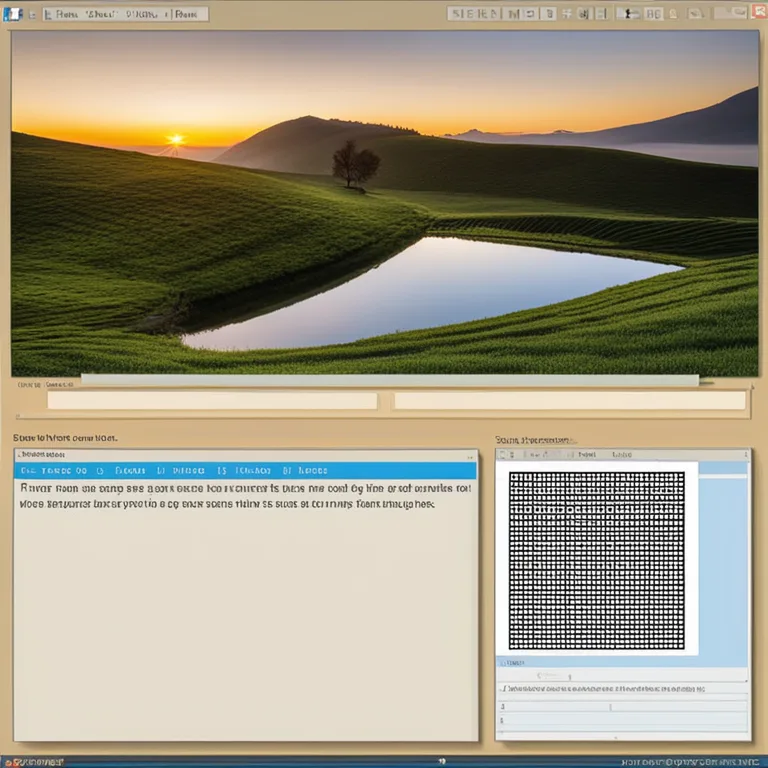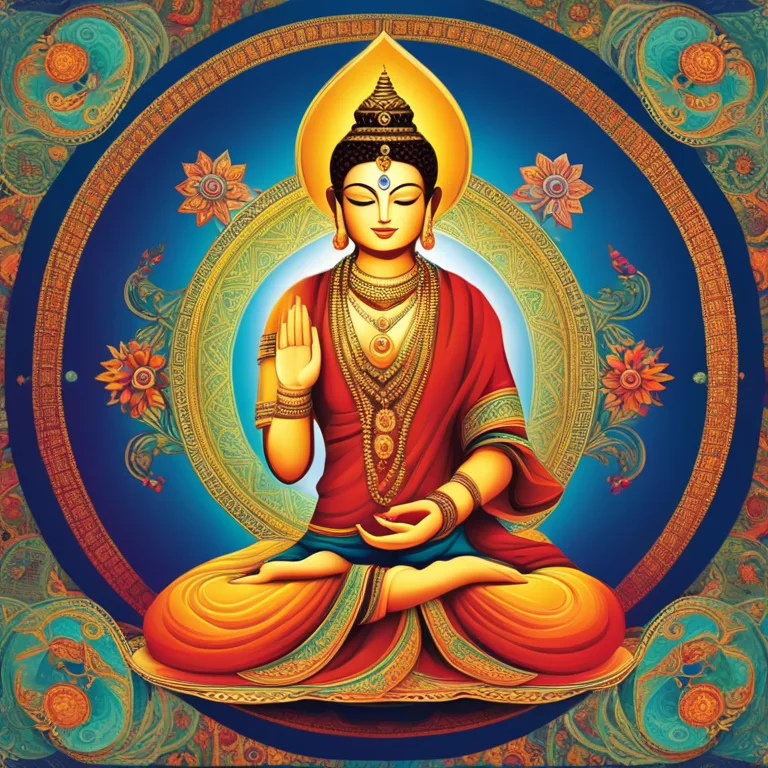
The Roots of Meditation & Yoga Philosophy
In this article, discover how diverse meditation techniques source their wisdom from ancient yoga philosophy, enriching spiritual practices globally.
article by Hina Kurosawa
The Yoga Connection
At the heart of many spiritual practices lies the ancient discipline of yoga—an intricate blend of physical, mental, and spiritual exercises originating in India. While commonly associated with physical postures or asanas, yoga encompasses much more. Among its profound contributions is the realm of meditation. The philosophy of yoga presents meditation not merely as a technique but as a science of the mind, guiding individuals toward enlightenment and inner peace. Patanjali’s Yoga Sutras, authoritative texts on yoga philosophy, outline meditation as an essential step in the eightfold yoga path, underlining its pivotal role in achieving self-realization.

Tracing Techniques to Yoga
Over the centuries, various meditation practices have emerged worldwide. Whether it is mindfulness meditation, Transcendental Meditation, or Zen, many share common roots with yoga. Yoga's rich philosophical texts offer elaborate methods for developing concentration (dharana) and meditation (dhyana), which are stepping stones to profound states of consciousness. Despite their origins and cultural embellishments, these meditation forms essentially strive for the same goals highlighted in yoga philosophy: self-knowledge, mental clarity, and a deep, cohesive state of ultimate reality or bliss (samadhi).

The Global Spread of Yogic Meditation
In the contemporary era, the globalization of yoga has led to a cross-pollination of spiritual practices. Influential yogis and spiritual teachers have journeyed to the West, adapting and sharing meditation techniques with communities far removed from the Indian subcontinent. Such integration has fostered a wide acceptance and adaptation of these methods into various health and wellness programs by 2024. Diverse approaches to meditation now often include elements of yogic philosophy, whether explicitly acknowledged or subtly incorporated.

Science Embraces Yogic Wisdom
Modern science has turned its gaze towards meditation, with numerous studies corroborating its benefits for mental health and cognitive function. As the scientific community delves deeper into these practices, the connections with yoga philosophy become ever more evident. Clinical applications of meditation techniques, for stress relief or therapeutic purposes, often mirror the ancient yogic prescriptions for mental and emotional balance. This symbiotic relationship not only validates traditional wisdom but also expands the scope of integrative medicine.

Reflecting Diversity While Holding Unity
Even though a multitude of meditation techniques exist today, they are united by a common undercurrent of yogic philosophy. In yoga, meditation is not a standalone practice but an intrinsic part of a holistic lifestyle conducive to spiritual growth. As we see the birth of new meditation movements and schools in 2024 and beyond, their essence generally echoes the universal yogic truths of consciousness, interconnectedness, and the pursuit of higher awareness. This unifying thread illustrates yoga's enduring legacy as a mother philosophy for meditation techniques worldwide.
Yoga Philosophy for Future Generations
As we continue to advance in our understanding of the mind and consciousness, yoga's philosophical contributions to meditation remain crucial. Future generations will likely innovate and expand on these ancient practices, maintaining their relevance in a fast-paced, digitally-driven world. The foundational principles laid out in yogic philosophy provide a steady compass, guiding the evolution of meditation practices while preserving their core intent—transcendence and the unity of the individual with the cosmos.
Published: 1/8/2024
Modified: 1/8/2024
More predictions
Come back here soon to learn more about yourself and your future


Meditation Techniques For OCD
Mindful practices to help manage Obsessive-Compulsive Disorder symptoms effectively through meditation.


Meditation Techniques: A Handbook
Discover the breadth of meditation methods to enhance your wellness journey.


Diverse Meditation Techniques
Explore various meditation methods to enhance your mental clarity, emotional balance, and spiritual insight.